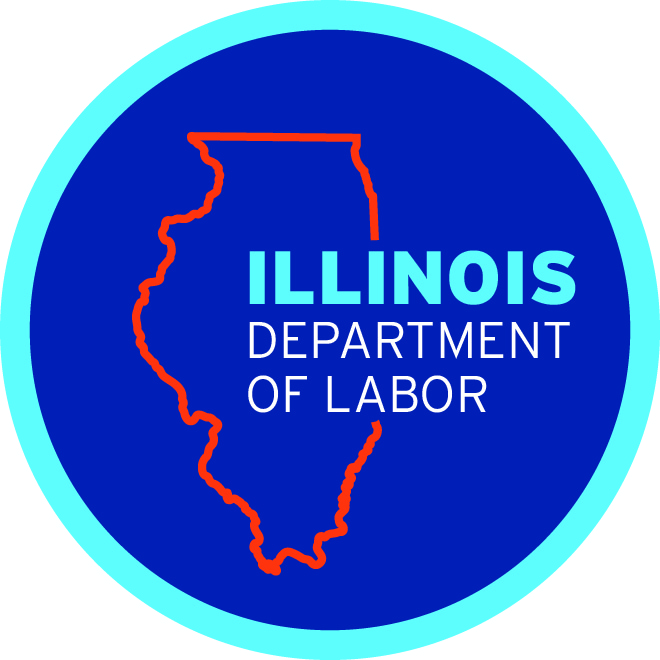The IL EPA’s central premise is that an employer cannot pay an employee less than their colleague of a different sex or gender who is doing the same or substantially similar work in the same county, or pay an African-American employee less than their colleague of another race who is doing the same or substantially similar work in the same county (820 ILCS 112/10(a)) unless there is a lawful reason for the pay disparity. Lawful reasons recognized in the IL EPA include when a pay disparity is based on a seniority system, a merit system, a system measuring earnings by quantity or quality of production, or a factor other than gender or race that is job-related with respect to the position, consistent with business necessity, and actually accounts for the different pay. 820 ILCS 112/10(a)(4).
The equal-pay mandate applies to all employers in Illinois. 820 ILCS 112/5.
Because unequal pay can arise at various points in employment, the IL EPA also prohibits employers from:
- Asking about an applicant’s prior wages or salary to determine their pay, to decide whether to interview or offer them a position, or to use the information even if the applicant volunteers it;
- Not allowing employees to discuss pay, or requiring them to sign a document that prohibits them from discussing pay; and
- Discriminating or retaliating against an applicant or employee for using their rights under the IL EPA, or interfering in their exercise of IL EPA rights, including discussing pay, refusing to disclose pay history, and filing a complaint with IDOL or participating in another person’s IL EPA action.
Employers are affirmatively required to make records that document the name, address, and occupation of each employee, the wages paid to each employee, the pay scale and benefits for each position, and the job posting for each position. Employers must preserve the records for at least five years.
A person may file a a complaint about unequal pay if, within the past year, the person:
- Was paid less than a coworker of a different sex (or race, if the person is African-American) who was doing the same or substantially similar work for the same employer in the same county.
- Applied for a job and was asked their prior pay or salary on a job application or in an interview (or whose former employer was asked for the person’s prior pay or salary,) or who was declined an interview or position because they or their prior employer objected to being asked for their prior pay or salary.
- Was told or required by their employer not to talk about their or another employee’s pay, or asked or required them to sign an agreement not to discuss pay.
- Did (or tried to) exercise any of their rights protected under the IL EPA and was subjected to interference, discrimination or retaliation.
The complaint form for unequal pay issues, which also can include recordkeeping issues related to pay, can be found here.
IDOL has additional resources about the IL EPA and Unequal Pay, including Frequently Asked Questions, links to the statute and regulations, more about the complaint filing process, and other information here.
NOTE: If you wish to file a complaint about Unequal Pay (including discussions of pay, pay history inquiries, recordkeeping, interference, or retaliation) AND Pay Transparency or Promotional Opportunity, you will need to fill out and submit to IDOL two different complaint forms.

